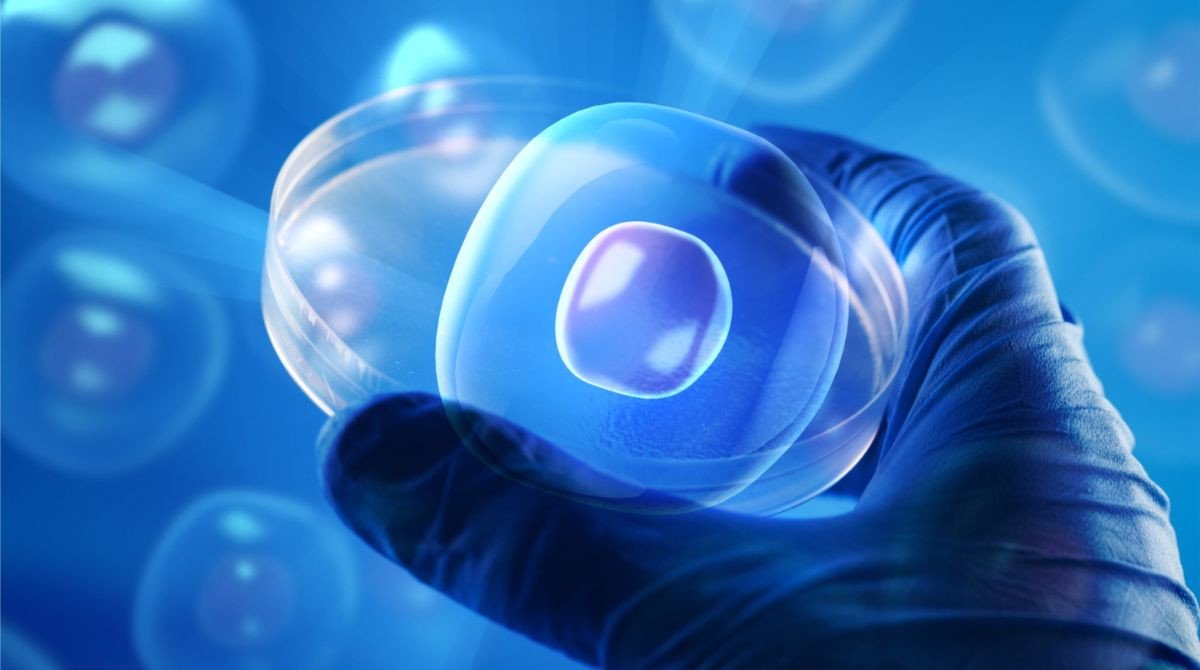- December 18, 2025

Stem cell therapy represents an exciting frontier in medical science, focused on repairing damaged tissues due to disease, injury, or aging. Central to this innovative field are mesenchymal stromal stem cells (MSCs), sourced from a variety of origins including the patient's own tissues, donors, or the placental and umbilical cord tissues of newborns. While MSCs are most abundant in placental and umbilical cord tissues, their concentration declines with age. In adults, they can still be extracted from bone marrow or adipose (fat) tissue, though in lower amounts.
Historically, MSCs were recognized primarily for their ability to differentiate into specific cell types such as osteoblasts (bone cells), chondroblasts (cartilage cells), and adipocytes (fat cells). Recent scientific advancements, however, reveal their remarkable potential to transform into various cell types, even those resembling nerve tissues, paving the way for new treatments.
Applications of MSC Therapy in Regenerative Medicine
The versatility of MSCs makes them ideal candidates for regenerative medicine, with potential applications spanning a wide range of medical conditions.
Neurological Disorders
MSC therapy offers hope for patients suffering from neuroinflammatory or neurodegenerative diseases, including multiple sclerosis, amyotrophic lateral sclerosis (ALS), dementia, autism, and Parkinson’s disease. Preclinical and pilot studies indicate that MSCs can enhance nervous system function following strokes or spinal cord injuries by promoting remyelination, a critical process for nerve signal transmission. Their anti-inflammatory properties also assist in restoring neuronal structures and regulating autoimmune responses.
Autoimmune Disorders
Conditions like Crohn’s disease, ulcerative colitis, systemic lupus erythematosus (SLE), and vitiligo may benefit from MSC treatment. By modulating immune responses and reducing inflammation, MSCs could alleviate symptoms and improve patients' quality of life.
Orthopedic Applications
Orthopedic surgeons frequently use MSCs to treat joint and ligament injuries, facilitate bone fracture healing, and even promote bone regeneration through advanced techniques such as 3D-printed templates. Additionally, MSCs show promise in addressing diabetes-related complications, including atherosclerosis and other vascular disorders.
Innovative Approaches at Biotherapy International
Biotherapy International distinguishes itself by offering advanced treatments using mobilized stem cells sourced directly from patients. Specialized agents are employed to mobilize these multipotent stem cells from bone marrow into the bloodstream. Once circulating, they can be activated and directed toward damaged tissues using state-of-the-art non-invasive devices.
Regulatory Landscape and Future Directions
The regulatory environment for MSCs in regenerative medicine is complex, especially in the USA, Europe, and parts of Asia. Misconceptions about MSC treatments often arise, particularly concerning their safety compared to embryonic stem cells, which are fraught with ethical concerns.
While MSC therapy shows great promise, regulatory authorities remain cautious due to a lack of large-scale, randomized trials. Biotherapy International advocates for the use of adult MSCs, which carry no risks associated with embryonic stem cells. However, the absence of extensive trials has delayed broader regulatory approval, limiting access to these innovative treatments.
Conclusion: The Future of MSC Therapy
Biotherapy International’s commitment to advancing stem cell therapy is highlighted by our extensive research, resulting in several patents and scientific publications. We aim to lead the way in providing innovative treatments for various conditions through the power of MSCs. Our goal is to restore health and improve the quality of life for patients globally. As we navigate the challenges and opportunities in regenerative medicine, we remain dedicated to transforming healthcare through the remarkable potential of mesenchymal stem cells.